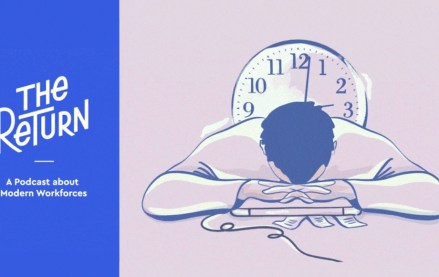
Sam Slaughter is the managing editor at Contently, a technology company for brand publishing tools and talent. Follow him on Twitter @samslaughter215.
A few weeks ago, Google, prompted by the increasing prevalence of sponsored content within news outlets, announced that it would not include sponsored content in the search results for Google News. Cue the caterwauling: from high-minded journalists cheering Google’s integrity, from content marketers lamenting the end of a promising advertising channel, and from cash-strapped publishers agonizing over the potential demise of a much-needed revenue stream.
For publishers, I would argue that it doesn’t matter much at all. Yes, there is the danger of getting blacklisted, but that’s easily avoidable by following Google’s new rules. More importantly, established news outlets already possess the captive audiences that brands are looking to reach, and they don’t need Google to drive traffic to those eyeballs. Sponsored stories do a great job of helping brands reach publishers’ already engaged audiences, and they’ll continue to do so. And an effective sponsored story gets traction through shares and reactions, not because of how attractive it looks to the Google robots.
What it means to brands getting into the content game is a little more complex. As publishing fragments and brands find that they’ve got the means and the opportunity to become content producers in their own right, they’re faced with the question of whether to focus on creating their own stuff, or paying for sponsored content on established sites. In effect, the question is: to own or to rent?
I’ve always felt it’s better for brands to err on the side of DIY — and Google’s announcement pushes the needle even further in that direction, especially in the long term. Sponsored stories are a great way to reach an audience, but they’re a little bit like a sugar rush; tons of eyeballs and great short-term results, but then the story’s gone, and it’s taken the audience with it. No Google means no long-tail traffic; that audience you rented went and moved on up to the East Side.
Building a loyal audience over time takes a lot more effort than buying a sponsored story — it requires writers and editors, buy-in from the bean counters and indemnity from your lawyers. But it’s far more valuable in the long term. For one, it keeps the content off of Google’s blacklist — but more importantly, it means not depending on Google for an audience at all.
Which could be important if Google decides to get even more traditional in its definition of “news.”
Image via Shutterstock
More in Marketing

With the rise of the chief AI officer, it’s time to examine ‘czar’ culture
Even if it’s a familiar pattern — hot new thing, new C-Suite exec to tackle said thing, a few years go by and that C-Suite position no longer exists as everyone is now doing said thing (or it was a fad that has since faded away) — does it make sense for businesses to continue to appoint new czars with every new trend?

Why Cava’s bid for brand awareness means prioritizing streaming ads
Fast-casual restaurant chain Cava has been in growth mode over the past year and is leaning into streaming ads in an effort to boost brand awareness.

A history of middle manager stress: The Return podcast, season 3, episode 1
In episode one, McKinsey partner Emily Field tells us more about why middle management is critically important to the workforce.





